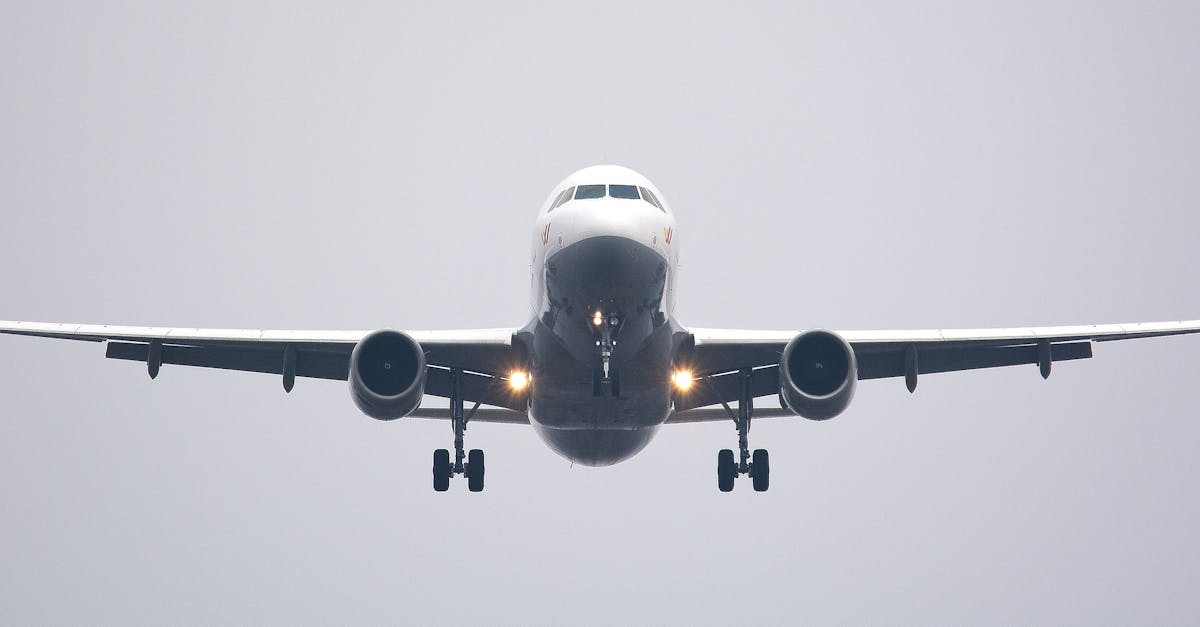
Energy Efficiency AssessmentPrivacy Policy
Energy efficiency is a critical factor to consider when assessing the capacity of ducted air conditioning systems in varying climates and locations. The level of energy efficiency directly impacts the overall performance and effectiveness of the system, affecting both operational costs and environmental sustainability. By understanding the correlation between energy efficiency and ducted air conditioning capacity, homeowners and businesses can make informed decisions on the most suitable system for their specific needs.
Ensuring that the ducted air conditioning system is energy-efficient involves evaluating various components, such as the size of the system, the compressor efficiency, and the overall design of the system. By assessing these factors, it is possible to determine the energy consumption of the system and its ability to maintain a comfortable indoor environment while minimising energy wastage. Achieving optimal energy efficiency not only reduces energy bills but also contributes to reducing carbon emissions, making it a sustainable choice for long-term climate control solutions.
l their ducted air conditioning system is functioning in their specific climate and location.
How noise levels can indicate the efficiency of ducted air conditioning systems
Noise levels can serve as a key indicator of the efficiency of ducted air conditioning systems. When a system operates quietly, it often signifies that the components within are working smoothly and not straining to cool the air. In contrast, excessive noise during operation can suggest potential issues with the system's components or overall functionality, which may lead to reduced efficiency and higher energy consumption.
Furthermore, the noise level of a ducted air conditioning system can also reflect the quality of its installation and maintenance. Properly installed and well-maintained systems tend to operate more quietly, as they are designed to function optimally without unnecessary strain or vibrations. In contrast, systems that are poorly installed or lack regular maintenance may produce louder noises during operation, indicating potential inefficiencies or impending problems that could affect the overall performance of the system.
FAQS
How does climate and location affect the capacity of ducted air conditioning systems?
Climate and location play a significant role in determining the required capacity of ducted air conditioning systems. Warmer climates typically require higher cooling capacity, while colder climates may need more heating capacity.
What is the correlation between energy efficiency and ducted air conditioning capacity?
Energy efficiency is closely linked to the capacity of ducted air conditioning systems. Choosing the right capacity ensures optimal performance, reducing energy consumption and operating costs.
Why is proper insulation and ductwork important for ducted air conditioning functioning?
Proper insulation and ductwork are crucial for maintaining the efficiency of ducted air conditioning systems. Good insulation prevents energy loss, while quality ductwork ensures even distribution of air throughout the space.
How can noise levels indicate the efficiency of ducted air conditioning systems?
Noise levels can be an indicator of the efficiency of ducted air conditioning systems. Excessive noise may signal issues with the system's design or installation, affecting its performance and energy efficiency.
What are some factors to consider when assessing the capacity of ducted air conditioning systems for different climates and locations?
Factors to consider when assessing ducted air conditioning capacity for varying climates and locations include insulation quality, ductwork design, noise levels, and the specific heating and cooling requirements of the space.Sitemap
Related Links
Sizing and Capacity Considerations for Ducted Air Conditioning in Commercial BuildingsContact Us!Sizing Considerations for Zoning and Multi-Zone Ducted Air Conditioning Systems